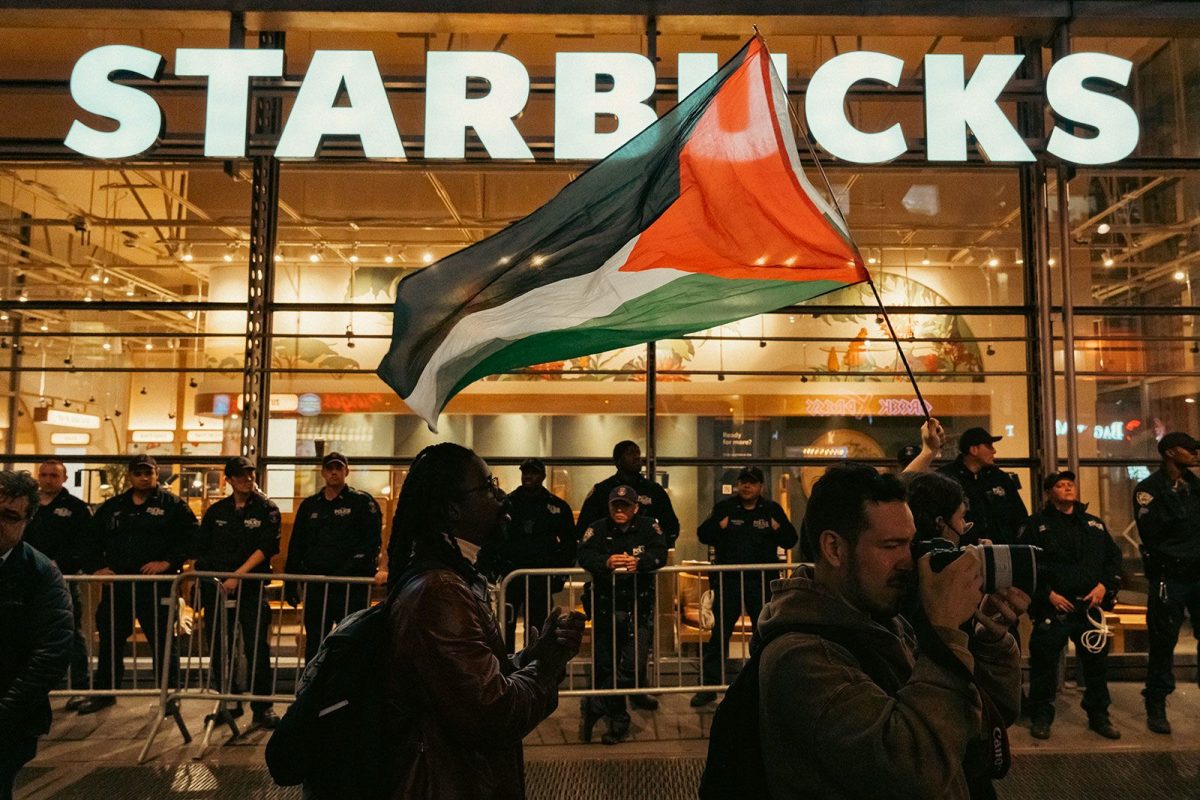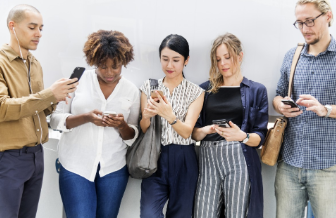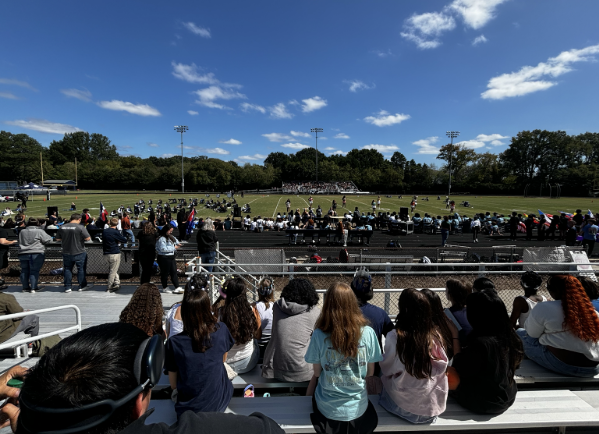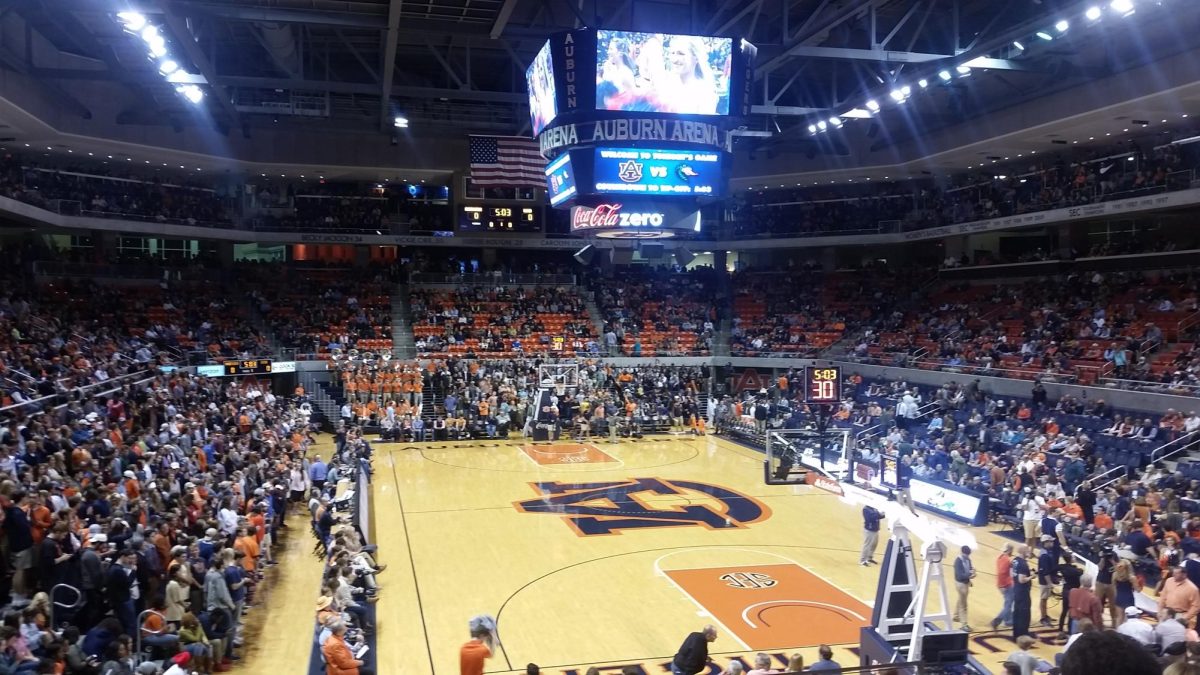In the wake of the Israel-Hamas war, amid protest and activism both from pro-Israel and pro-Palestine activists, one topic that has recently gained a lot of traction is boycotting. Boycotting, a nonviolent form of protest, is often used by activists as a way to pressure groups and governments by impacting their financial stability. One boycott that’s gained a lot of popularity on social media sites such as TikTok and Instagram is the pro-Palestine boycott of Starbucks.
This boycott of Starbucks began back in October when Workers United, the Starbucks workers union, was sued by the company for posting pro-Palestine content on social media. After news of this suit broke many activists began calling for the immediate and complete boycott of all Starbucks products both in storefronts as well as products in local grocery stores. Among younger social media uses and activists this boycott has been pushed as a way to show solidarity for Palestine and the Palestinian people in the current conflict against Israel where, to date, at least 22,500 people have been killed and 57,000 people have been injured according to NBC news, with thousands more missing and/or unaccounted for.
In addition to the pro-Palestine boycotts, Starbucks has also been facing some boycotts from pro-Israel activists for not releasing any public statements declaring support for Israel. Amid both these boycotts, Starbucks’ shares have dropped over 7 percent over the holiday season, a time which is typically one of their highest earning seasons. This 7 percent drop in shares amounts to about an eleven billion dollar loss in value. While this loss can’t be definitively attributed to the pro-Palestine boycotts, many social media users and activists are praising the drop in value as the pay off for their efforts. Meanwhile, Starbucks has recently released statements stating that the boycotts are based on mischaracterization of their stance on the issue and that the company has not taken any official position on the conflict.
With issues such as this at the forefront of the public’s mind, it’s clear to see why boycotting would have picked up so much steam in the news during recent days. While some on social media users claim that boycotts are a waste of time, others believe that the boycotts are the least people can do. While this debate carries on, many on social media sites such as TikTok have sounded alarms about recent developments in our government which they fear threaten their right to protest.
The IGO Anti-Boycott Act recently passed the house in a 42-3 vote on December 13, 2023, with this bill being one that would amend the 2018 act of the same name. This law is targeted at restricting participating companies from participating in boycotts of countries which are US allies as encouraged by “international governmental organizations.” Representative Mike Lawler (R-NY), who proposed the amendment, took to x, formerly known as Twitter,after the bill’s passing to make his personal statement on the issue, saying: “I’m pleased that my IGO Anti-Boycott Act passed the House Foreign Affairs Committee 42-3 today. This legislation will send a clear message to the BDS movement that the United States stands with Israel and always will.”
The BDS movement, which stands for “Boycott, Divestment, Sanctions”is an organization which began in 2005 with the goal of using non-violent economic means to pressure Israel in regards to their treatment of Palestinians in the West Bank and Gaza. Currently 35 states have “anti-BDS” laws in effect, with legislation under review in several other states. This legislation has caused outrage among activists across the country who argue that it infringes on the first amendment right to free speech as well as threatens the right of US citizens. Though in its current state the laws target businesses, with several states using these anti-Boycott to punish companies who refuse to do business with illegal Israeli settlements, activists argue that these laws set a dangerous precedent.
To be clear, the notion of a law restricting boycotting is both dangerous as well as outrageous. It’s been proven time and time again throughout history that boycotting is an incredibly effective tool for activists. This is seen both in domestic cases, such as the Montgomery bus boycotts of the civil rights movement, as well as international cases, such as when boycotts were carried out against the apartheid government in South Africa. In the latter case, both companies and individuals participated in these boycotts which greatly contributed to the ending of apartheid. To now regulate that companies cannot participate in boycotts is a direct dismissal of the positive impact these boycotts can have.
Further, this can only be the first step. After mandating that companies cannot participate in boycotts, what, then, is there to prevent bills from passing which restrict private citizens from participating in boycotts? Not only would such a bill directly impact an individual’s first amendment right, but the issue of enforcement arises as well. How do you enforce an anti-boycott bill? Accuse anyone who has not bought certain products of boycotting? Some argue that the only way to ensure that someone isn’t boycotting is to mandate what they buy—something that would be an obvious overstep by the government.
In a conversation with Mr. Segal, a Millbrook teacher who teaches AP US Government, he stated that “Anti-boycott laws are basically laws that limit what types of protests people can choose to join, specifically if they support organizations or countries that do not align with the ideals of the United States.” In a perfect world where the government perfectly reflected the ideals of its people laws such as these would be unnecessary, and as such unproblematic. However it’s simply not reality. To restrict boycotts which don’t align with the incentives of the US government ignores the fact that at any given time at least half the population likely disagrees with the current administration’s stance on an issue (take for example the recent study done by Data For Progress which found that over half of the US population would like to see a ceasefire of the Israel-Hamas war). Even on a fundamental level, to restrict what people can or cannot boycott is a control tactic very similar to what the US accuses many non-democratic states of doing.
Further, when asked whether he would agree that these anti-boycott laws were an infringement of free speech Mr. Segal said that, “I do think these laws are a violation of free speech. One of the foundational principles of this country is that it is held accountable by its citizens. When we start limiting who [our] citizens can support because it goes against a government agenda, that seems to go directly against the whole idea of popular sovereignty.” The US government is supposed to be based on the idea that the government represents the wants and needs of its people, not that the people reflect the wants of the government. Anti-boycott laws go against the very foundational ideas that our constitution is built upon. Although the IGO Anti-Boycott Act is still largely a bill that impacts companies, it’s important that we, as US citizens, remain aware of both our right to protest and push back against those who would restrict our right to protest in favor of governmental interests.














